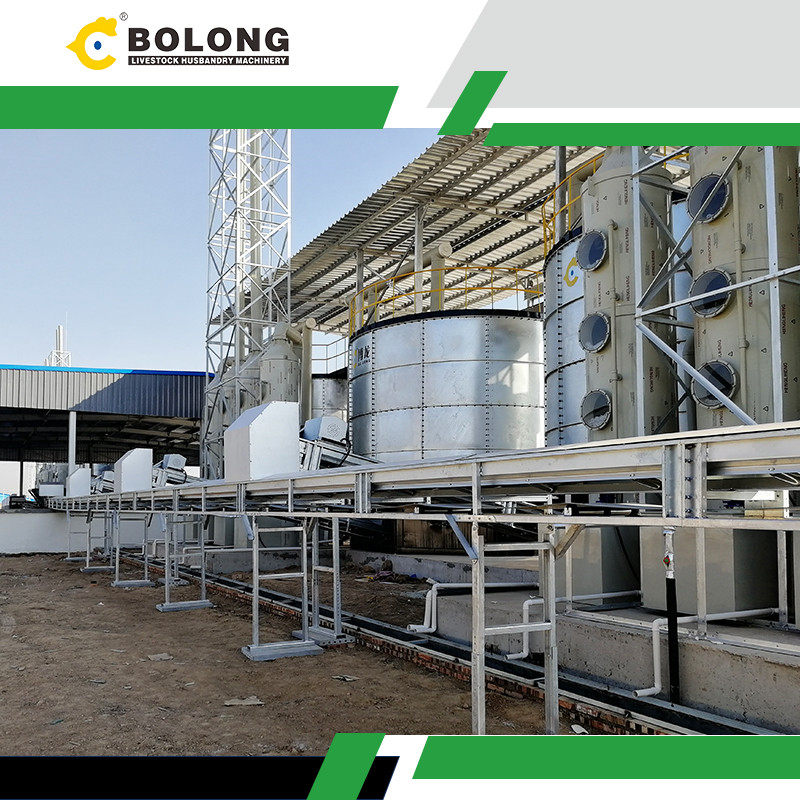
Jan 9, 2022 · Studies have used different particle sizes in their investigations, for instance, ≤ 1 cm in food waste composting [9, 20, 31] and 1.5–3.0 cm in composting of cattle, chicken, kitchen, and municipal solid waste . Some researchers have studied the effect of particle size of the bulking agents on the composting process.
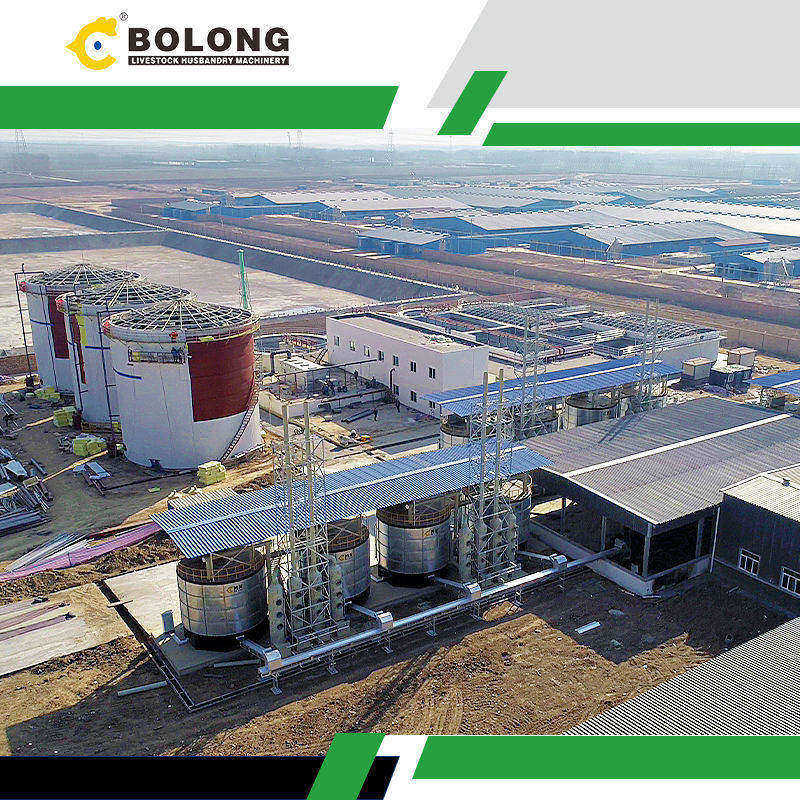
Jul 29, 2024 · Solid-waste management - Composting, Recycling, Reuse: Another method of treating municipal solid waste is composting, a biological process in which the organic portion of refuse is allowed to decompose under carefully controlled conditions. Microbes metabolize the organic waste material and reduce its volume by as much as 50 percent. The stabilized product is called compost or humus. It
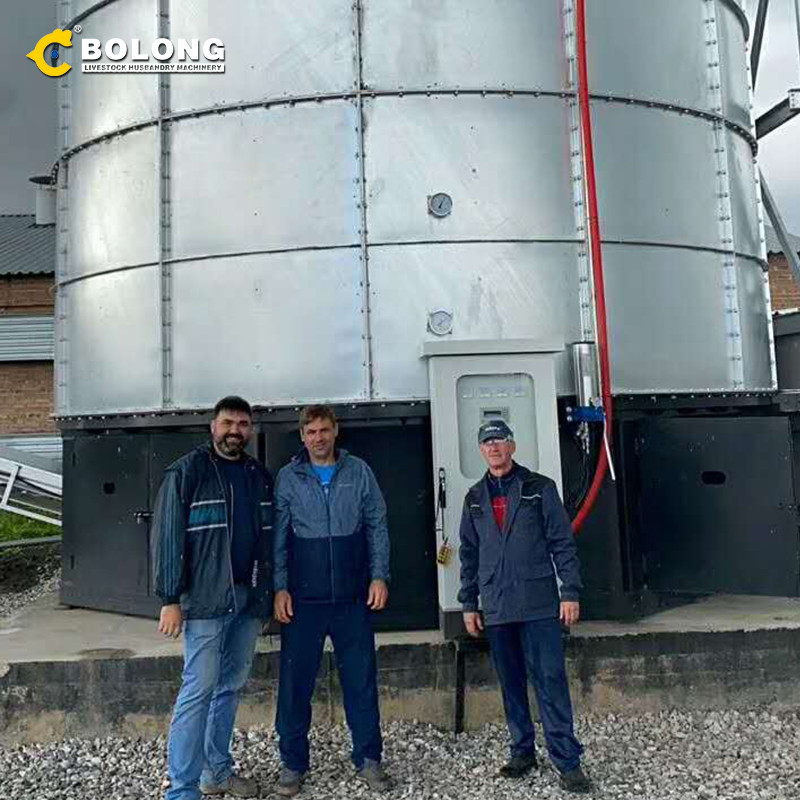
Nov 18, 2018 · The test results showed that the equipment was accurate and stable, and produced good responses with good repeatability. oxygen-consumption rate for garden waste compost was 2.1 mL/min, and a ...

Sep 8, 2023 · Compost is a rich soil amendment that adds life to soil and helps hold in moisture. To implement this option, you will need a chore-efficient area in which to compost that’s big enough to accommodate the equipment you will be using. Make sure this area has easy access to the pastures or garden areas where you plan to use the finished compost.

Apr 1, 2024 · The microhabitat where microorganisms live is the most important factor affecting composting process (Wei et al., 2022), including temperature, moisture content (MC), pH, EC, C/N ratio, O 2, organic matter (OM), which are constantly changing during the composting process and synergistically impact microbial activity and compost maturity during composting (Shen et al., 2016; Wang et al., 2016b

Some investment in equipment and site preparation is required or recommended. Composting is not a rapid stabilization process and, depending upon technique, could take several weeks to achieve stable compost. Determination of a suitable market for the compost is critical to justify the extra effort in producing compost.
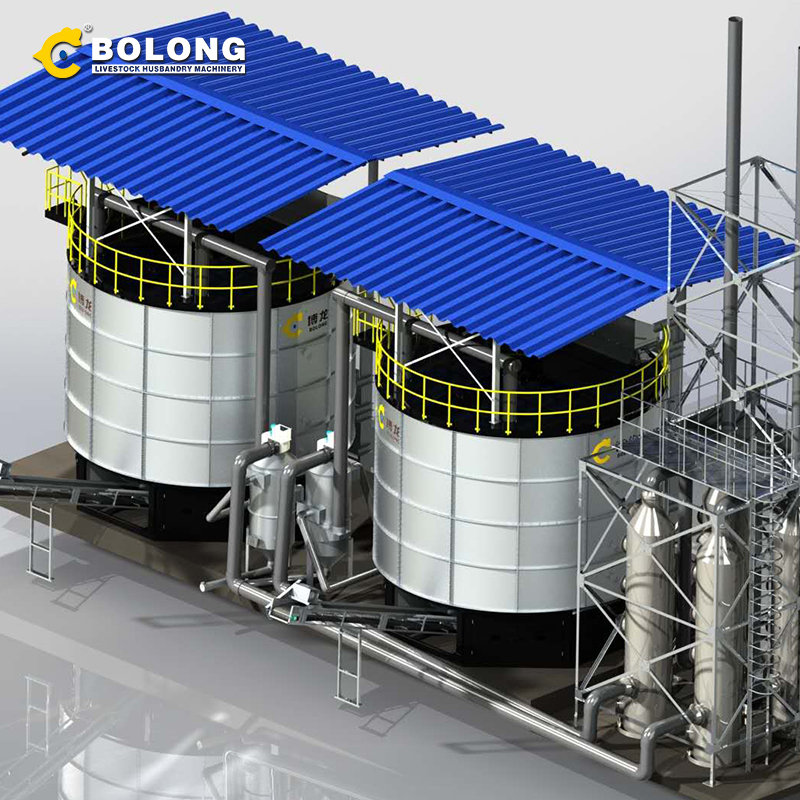
May 23, 2024 · Composting Technology for Municipal Solid Waste Management and Production of Organic Fertilizer May 2024 Advance in Environmental Waste Management & Recycling 7(2):1-13
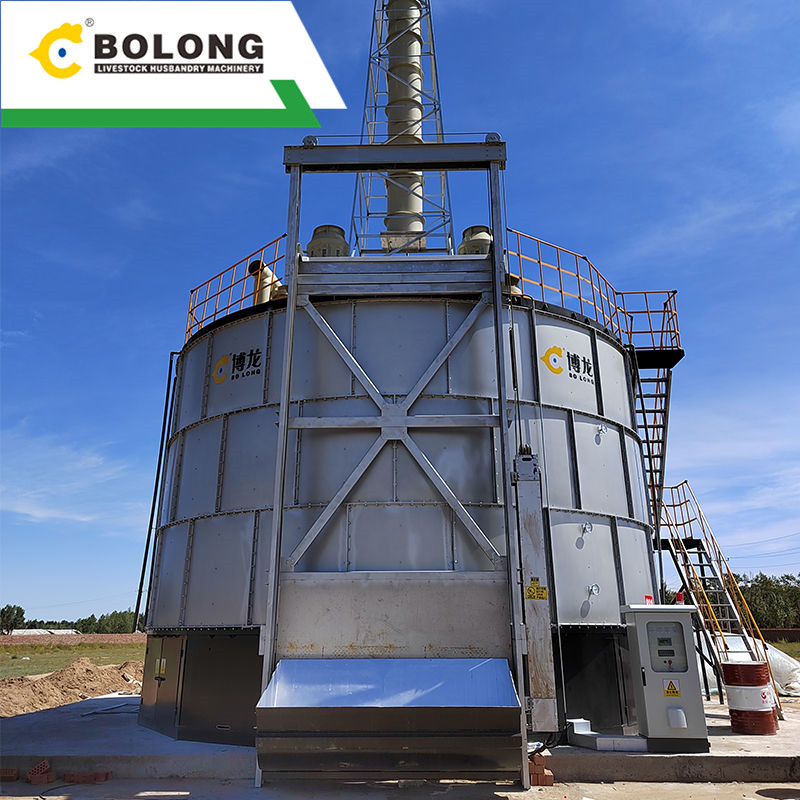
Jun 11, 2024 · By composting our food scraps and yard trimmings instead and using the compost produced, we can return those nutrients and carbon to the soil to improve soil quality, support plant growth and build resilience in our local ecosystems and communities. Composting is a fundamentally local process.
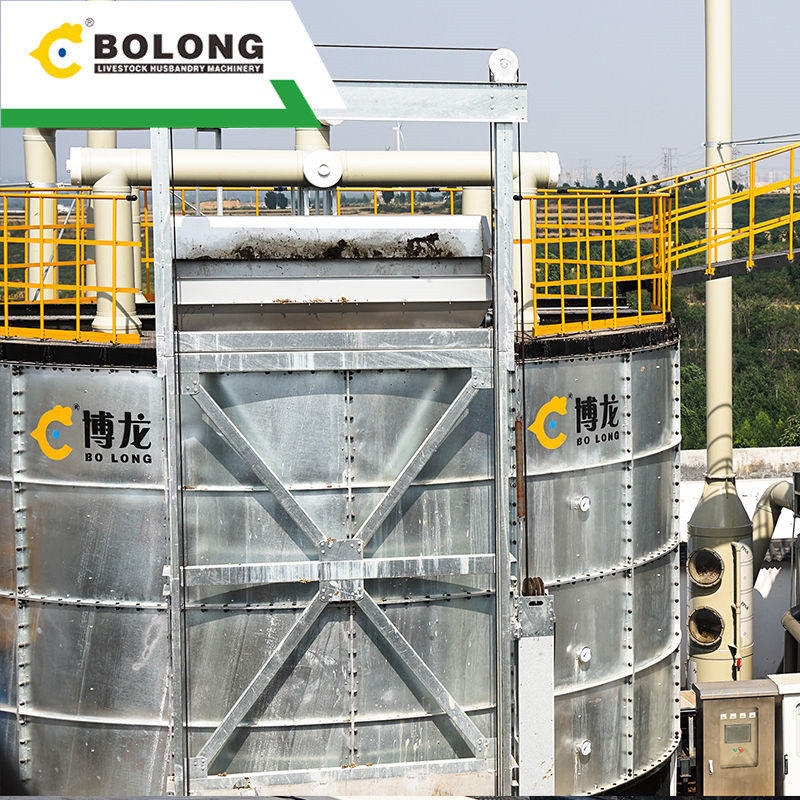
The comprehensive organic waste disposal solution is a resource utilization and harmless treatment system of organic waste with strong treatment capacity, advanced technology, and a high degree of resource utilization, which can compost waste from 10 tons to 300 tons per day.

Dec 18, 2023 · What is Composting? Composting is a controlled, aerobic (oxygen-required) process that converts organic materials into a nutrient-rich, biologically-stable soil amendment or mulch through natural decomposition. The end product is compost. Microorganisms feed on the materials added to the compost pile during the composting process.
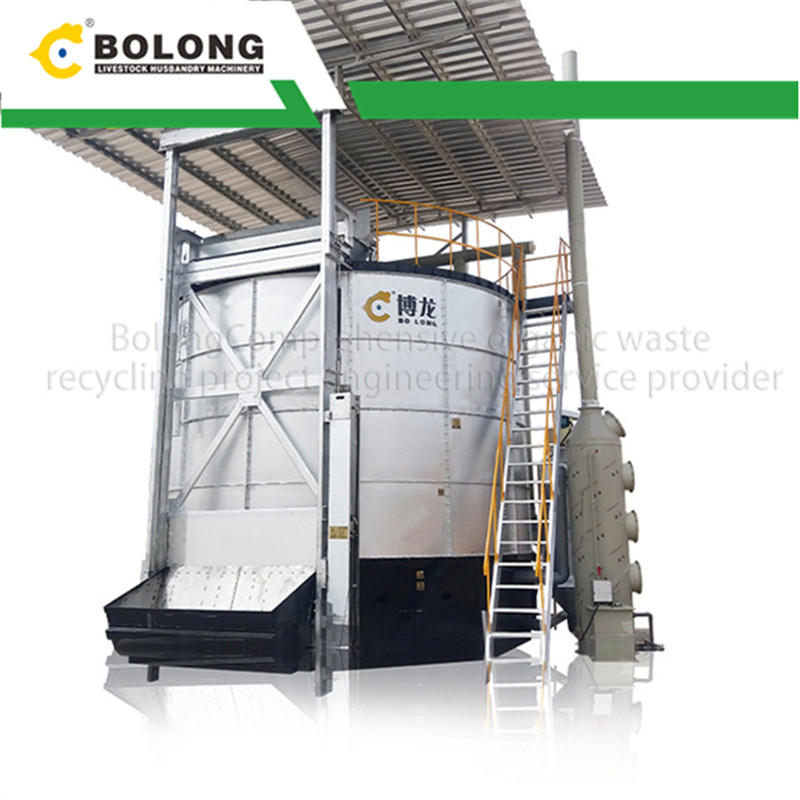
Dec 30, 2022 · Equipment like In tank composters and aerobic digesters can significantly shorten composting time and improve the quality of the resulting compost. These scalable solutions can be effectively applied in a variety of stable sizes, promoting quick and efficient waste transformation.

Nov 18, 2014 · Digestate from AD now becomes a feedstock for composting. The typical 8 to 12 weeks required for composting raw feedstock may be reduced to as little as 2 to 3 weeks for digestate because the material has been partly decomposed in the digestion process, making it easier for the composting organisms to break it down to stable compost.

Jul 24, 2024 · With increases in global population and urbanization, the production of Municipal Solid Waste (MSW) is growing rapidly, thus contributing to social and environmental concerns for sustainable waste management. This study addresses the research gap in optimizing composting, hypothesizing that integrating best practices and recent innovations can enhance the efficiency of the process. Data were

Piling or In tank composting. In industrial composting facilities, organic waste is typically composted using one of two : piling or In tank composting. Piling method. In this method, shredded organic waste is piled into large windrows or heaps, often with the aid of specialized equipment such as compost turners.
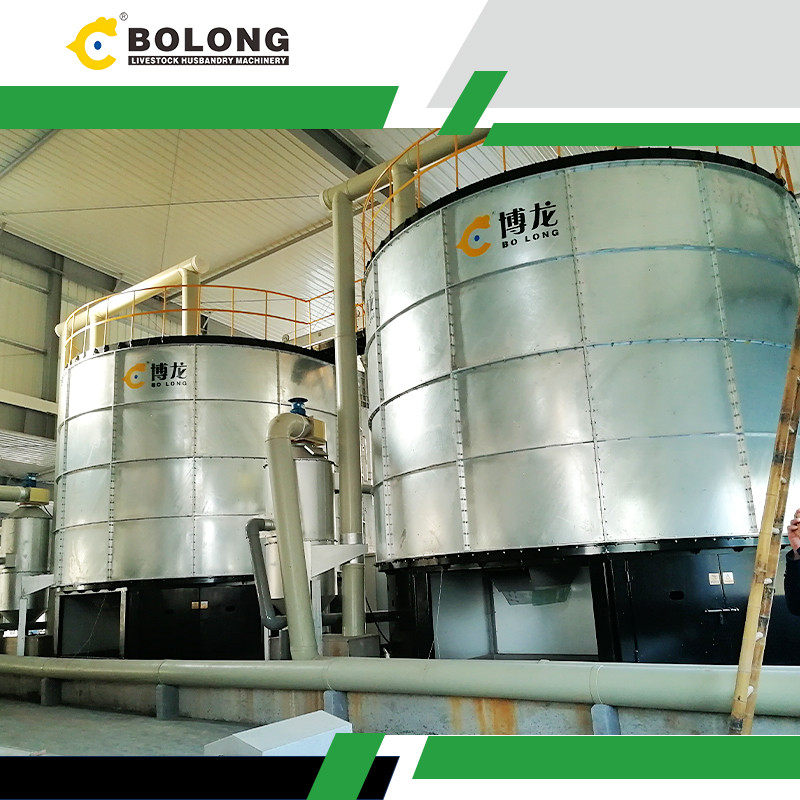
Jul 27, 2023 · Traditional cow manure composting equipment often lacks ventilation, heating, and real-time monitoring and adjustment capabilities, hindering manure maturation and proper utilization of compost, moisture reduction, and optimal environmental conditions for microbial activity. To address these limitations, we optimized and redesigned the structure and control elements of conventional composting